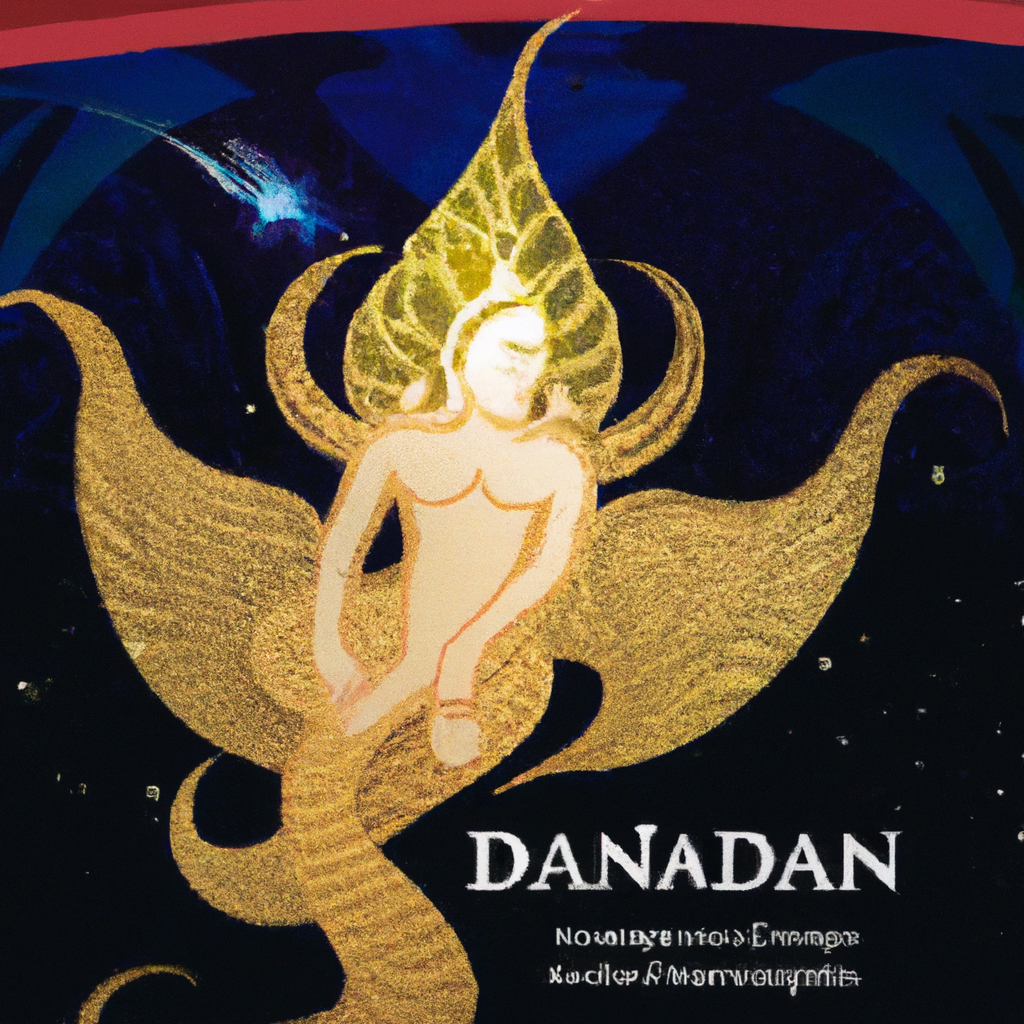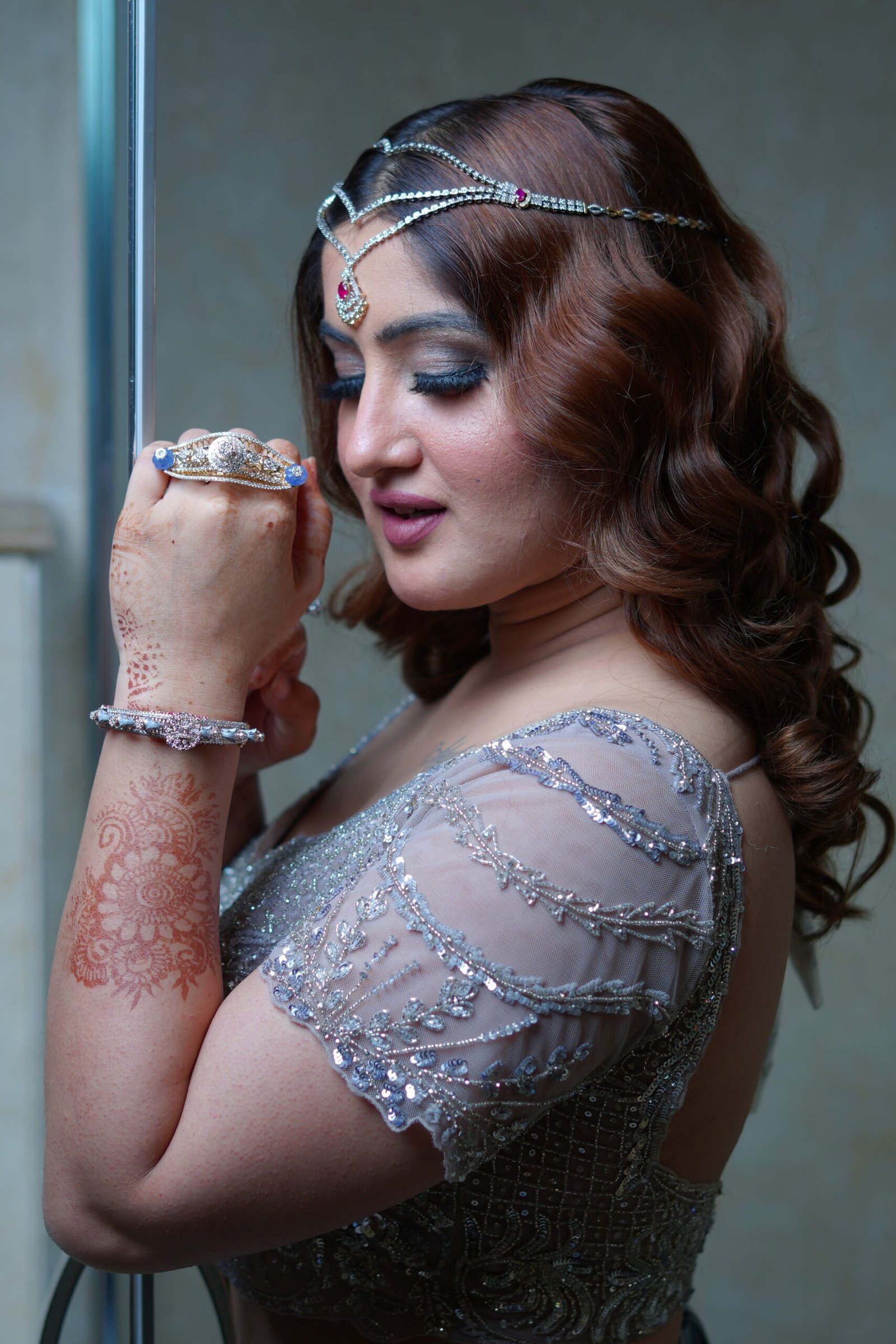Are there cultural or religious considerations for stem cell treatments in Malaysia? In this article, we will explore the fascinating intersection between stem cell research and the cultural and religious beliefs of Malaysia. With a deep dive into the unique perspectives and practices of this diverse nation, we aim to shed light on any potential cultural or religious factors that may influence the acceptance or rejection of stem cell treatments. Join us as we navigate this intriguing blend of science and culture, seeking to understand the role of tradition and faith in the realm of medical advancements.
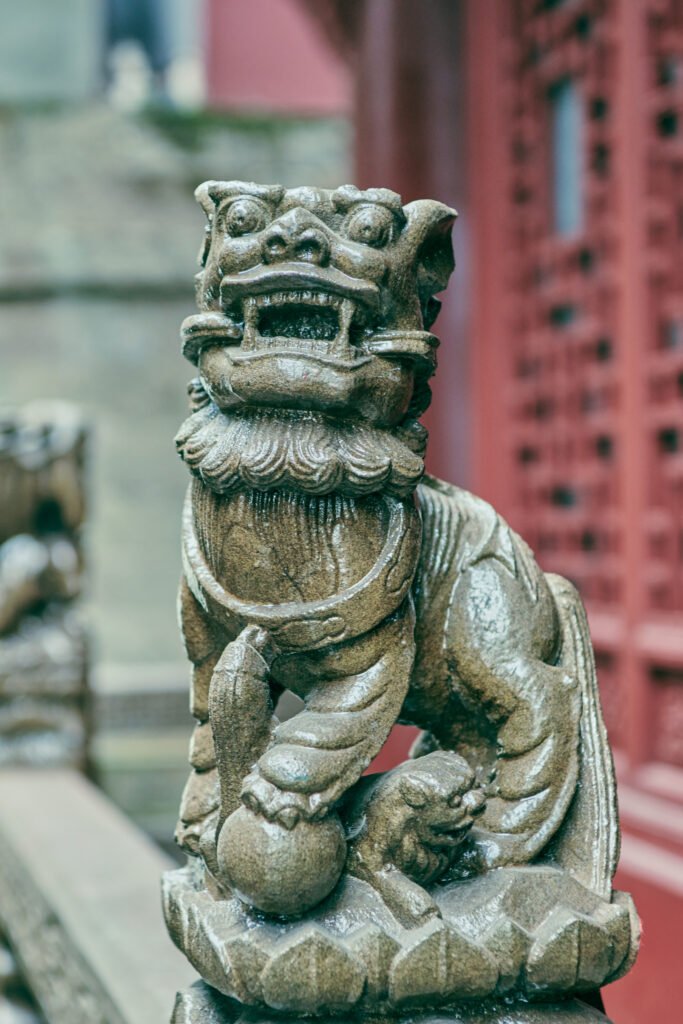
Cultural Considerations
Influence of Islam on Stem Cell Treatments
In Malaysia, the majority of the population is Muslim, and Islam plays a significant role in shaping cultural beliefs and values. When it comes to stem cell treatments, Islamic teachings and principles have influenced the perspective of Muslims in Malaysia. Islam emphasizes the sanctity of life and the inherent value of human beings. As a result, there are certain considerations and restrictions regarding the use of stem cells derived from human embryos.
Acceptance of Stem Cell Research in Malaysian Culture
While there may be some variations in opinion across individuals, stem cell research has generally gained acceptance in Malaysian culture. The potential benefits of stem cell therapies, such as treating chronic diseases and regenerating damaged tissues, have garnered support from the public. However, cultural values and ethical considerations still come into play, particularly when it comes to the source of stem cells and the methods of their extraction.
Attitudes towards Embryonic Stem Cell Research
Embryonic stem cell research, which involves using stem cells obtained from human embryos, is a topic that sparks debate and differing attitudes within Malaysian culture. Many Malaysians, influenced by their Islamic beliefs, have reservations about the use of embryonic stem cells due to the sanctity of life and concerns about the destruction of embryos. This has led to a preference for alternative sources of stem cells, such as adult stem cells or umbilical cord blood.
Traditional Beliefs and Stem Cell Treatments
Traditional beliefs and practices also influence attitudes towards stem cell treatments in Malaysia. Elements of traditional medicine, which emphasize natural remedies and holistic approaches, may clash with the concept of using stem cells in medical interventions. Some individuals may be hesitant to adopt stem cell treatments due to their strong belief in traditional practices and the effectiveness of alternative healing methods.
Religious Considerations
Islamic Perspectives on Stem Cell Treatments
Islamic perspectives on stem cell treatments revolve around principles of ethics and the preservation of life. Scholars and religious authorities hold varying opinions on the permissibility of using stem cells derived from embryos in medical treatments. Some argue that if the embryo has not reached a certain stage of development, such as 120 days in the womb, the use of its stem cells may be permissible. Others have reservations about the destruction of embryos and consider it impermissible. These differing perspectives contribute to the ongoing discussions and debates surrounding stem cell treatments in Islamic contexts.
Christian Perspectives on Stem Cell Treatments
Within the Christian community in Malaysia, perspectives on stem cell treatments vary. While some Christians may have religious concerns about the destruction of embryos and the artificial manipulation of life, others focus on the potential benefits of stem cell therapies in alleviating human suffering and promoting healing. Christian ethical frameworks, such as the principle of love and care for one another, are often invoked in discussions around stem cell research and treatments.
Buddhist Perspectives on Stem Cell Treatments
Buddhist perspectives on stem cell treatments are shaped by the belief in the interconnectedness of all life. Buddhism emphasizes compassion and the alleviation of suffering, which aligns with the potential benefits of stem cell therapies. However, there may be reservations regarding the use of embryonic stem cells due to concerns about the destruction of life. Buddhism places value on the ethical use of resources and the consideration of the potential consequences of actions, including in the field of medical research.
Hindu Perspectives on Stem Cell Treatments
Hindu perspectives on stem cell treatments can vary, influenced by a diverse range of practices and beliefs within the Hindu community. Some Hindus may have reservations about the use of embryonic stem cells due to the belief in the sanctity of life at all stages of development. However, Hinduism also emphasizes the concept of seva (selfless service) and the pursuit of knowledge for the betterment of society, which can support the ethical exploration and use of stem cell treatments.
Other Religious Perspectives on Stem Cell Treatments
Malaysia is a multicultural and multi-religious society, and there are other religious perspectives present regarding stem cell treatments. For example, individuals who follow indigenous religions or other smaller religious communities may have their own unique perspectives shaped by their beliefs and cultural practices. It is important to engage in open and respectful dialogue to understand and navigate the diverse religious perspectives surrounding stem cell treatments.
Legal Framework
Legislative Restrictions on Stem Cell Treatments
Malaysia has a legal framework governing stem cell treatments to ensure ethical practice and protect the public’s well-being. The National Council for Medical Research (NCMR) is responsible for overseeing and regulating stem cell research and therapy. The guidelines provided by the NCMR outline the permissible sources of stem cells, ethical considerations, and safety measures. Practitioners and facilities must adhere to these guidelines to ensure compliance with the law.
Ethical Guidelines for Stem Cell Research
Ethical guidelines have been established in Malaysia to guide stem cell research and treatment. These guidelines consider the source of stem cells, the consent and welfare of donors, the transparency and accuracy of information provided to patients, and the proper supervision and monitoring of procedures. Researchers and practitioners are required to obtain ethical approval for their studies and treatments, and any potential risks or side effects must be disclosed to patients.
Public Perception
Awareness and Knowledge about Stem Cell Treatments
Public awareness and knowledge about stem cell treatments in Malaysia vary. While some individuals may have a good understanding of the potential benefits and risks associated with stem cell therapies, others may have limited awareness due to a lack of access to information or misinformation. Public education initiatives, through both the government and healthcare institutions, are crucial in ensuring accurate and comprehensive knowledge reaches the public.
Trust in Medical Professionals and Institutions
Trust in medical professionals and institutions plays a significant role in shaping public perception of stem cell treatments. Malaysians generally have trust in their healthcare system, which provides a foundation for acceptance and openness to new medical advancements. However, maintaining trust requires transparent communication, adherence to ethical guidelines, and ongoing efforts to keep the public informed about the latest developments and research in stem cell treatments.
Media Influence on Public Perception
Media plays a crucial role in shaping public perception of stem cell treatments. Responsible and accurate reporting can help educate the public and dispel misconceptions, while sensationalized or misleading information can lead to confusion and fear. Journalists and media organizations have the responsibility to report on stem cell treatments objectively, providing balanced perspectives and highlighting the scientific evidence behind these therapies.
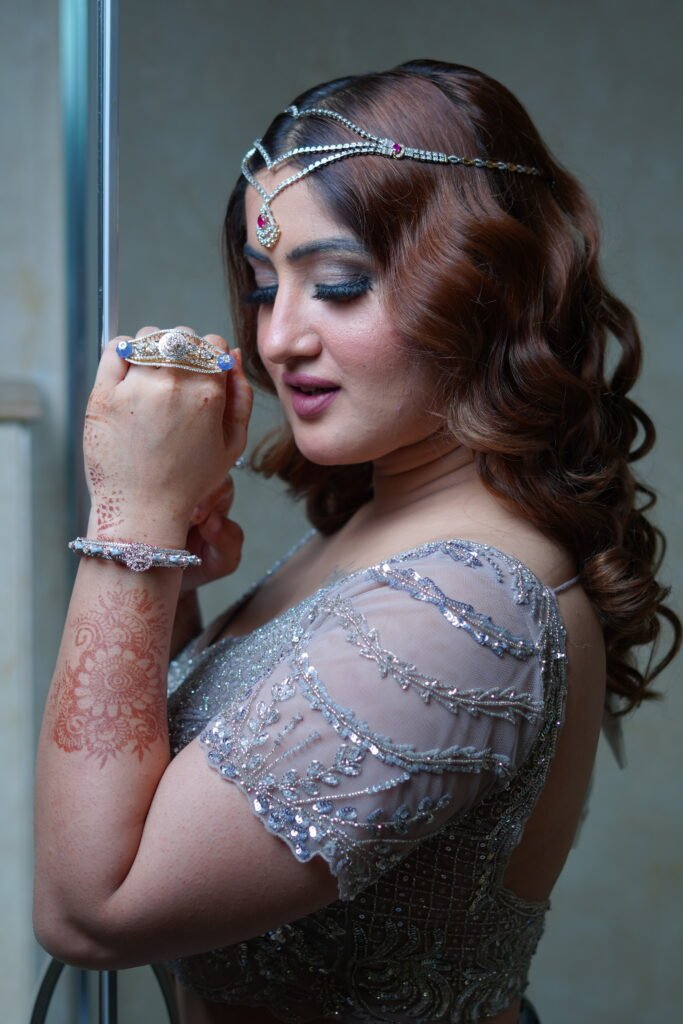
Medical Tourism and International Collaboration
Impact of Cultural and Religious Considerations on Medical Tourism
Cultural and religious considerations have an impact on medical tourism in Malaysia, including stem cell treatments. Some individuals from different cultural and religious backgrounds may choose to seek treatments in Malaysia due to the cultural affinity or religious sensitivity of the country. Malaysia’s multicultural nature can provide a more inclusive and accommodating environment for individuals who require stem cell treatments that align with their cultural or religious values.
International Collaboration in Stem Cell Research
Stem cell research and treatment often involve international collaboration, where researchers and experts from different countries come together to advance scientific knowledge and develop innovative therapies. Malaysia actively engages in international collaborations in the field of stem cell research. These collaborations foster the sharing of expertise, resources, and best practices, contributing to the global progress in stem cell treatments and benefiting patients worldwide.
Clinical Applications and Success Stories
Current Stem Cell Treatments in Malaysia
Malaysia has made significant progress in the clinical applications of stem cell treatments. Stem cell therapies are being used to treat various medical conditions, including degenerative diseases, autoimmune disorders, and musculoskeletal injuries. For instance, mesenchymal stem cells derived from bone marrow or adipose tissue are utilized in orthopedic and regenerative medicine. Additionally, stem cell-based interventions are used in the treatment of cardiac conditions, neurodegenerative disorders, and skin injuries.
Case Studies of Successful Stem Cell Treatments
Numerous success stories of stem cell treatments in Malaysia highlight the potential of these therapies in improving patient outcomes. Case studies have demonstrated the efficacy of stem cells in promoting tissue regeneration, reducing inflammation, and enhancing healing processes. Patients who have undergone stem cell treatments for conditions such as osteoarthritis, stroke, and spinal cord injuries have shown significant improvements in functionality and quality of life.

Regulatory Challenges and Future Prospects
Need for Clearer Guidelines and Regulations
As stem cell research and treatments continue to advance, there is a need for clearer and more comprehensive guidelines and regulations. The rapid pace of scientific discovery and emerging technologies present challenges in ensuring the ethical and safe use of stem cells. Regular updates to existing legislation and guidelines will facilitate the effective regulation of stem cell therapies and address any potential gaps or ambiguities in the ethical framework.
Potential for Integration of Traditional Medicine and Stem Cell Treatments
The integration of traditional medicine practices with stem cell treatments holds promise in Malaysia. Traditional medicine, rooted in cultural beliefs and practices, can complement the advancements in stem cell therapies. By combining the strengths of both approaches, patients may benefit from a more holistic and personalized treatment plan. However, careful consideration must be given to ethical guidelines and scientific evidence to ensure patient safety and optimize treatment outcomes.
Ethical Dilemmas and Debates
Balancing Cultural and Religious Values with Scientific Advancement
The intersection of cultural, religious, and scientific values often gives rise to ethical dilemmas and debates. Balancing the sanctity of life, cultural beliefs, and the potential benefits of stem cell treatments requires thoughtful consideration and open dialogue. Respecting diverse perspectives and finding common ground that upholds ethical principles while embracing scientific advancement is essential to navigate these complex ethical issues.
Controversies Surrounding Stem Cell Research and Treatments
Controversies surrounding stem cell research and treatments are not uncommon, and Malaysia is not immune to these debates. Issues such as the use of embryonic stem cells, the commercialization of stem cell therapies, and the ethical implications of certain procedures are subjects of ongoing discourse. Engaging in ethical and evidence-based discussions, involving all stakeholders, including religious authorities, researchers, policymakers, and the public, is vital to address controversies and establish a responsible and ethical framework.
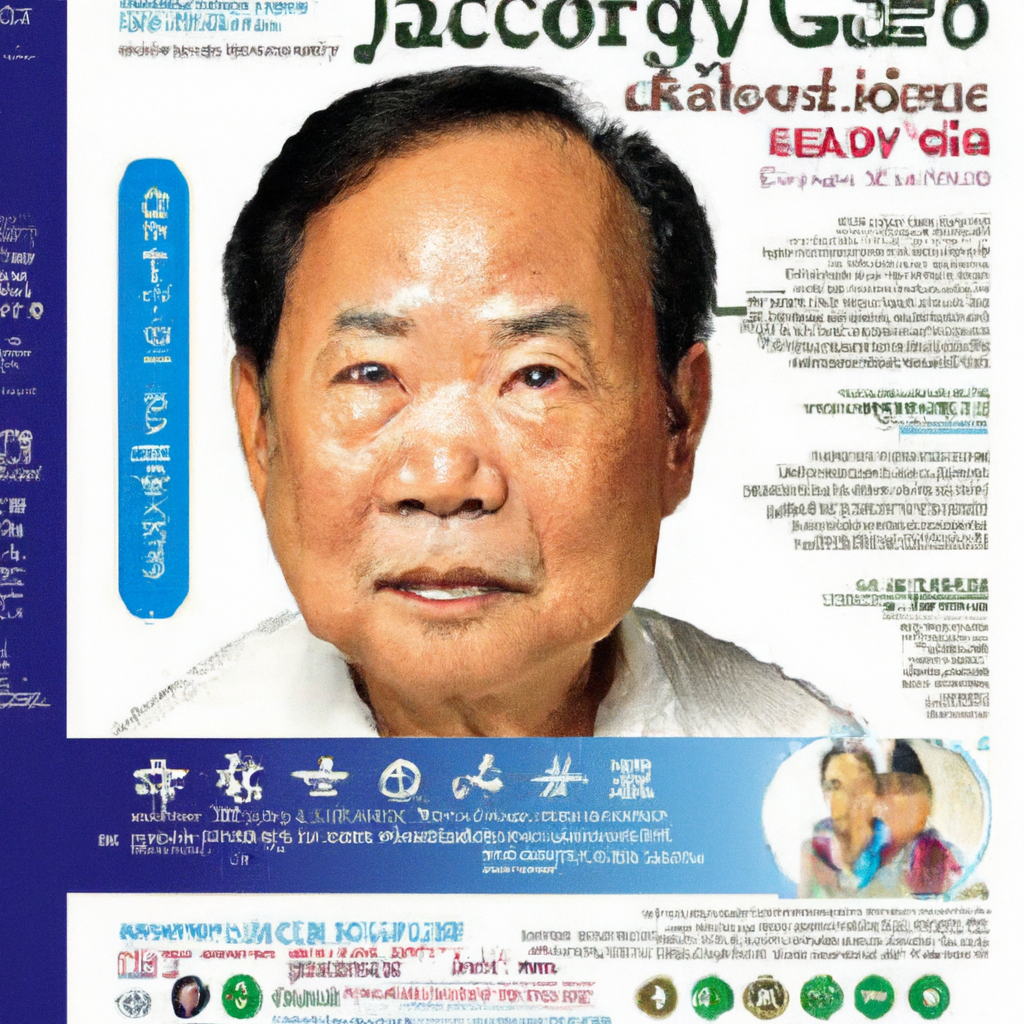
Education and Awareness Initiatives
Role of Government and Healthcare Institutions
The government and healthcare institutions in Malaysia play a pivotal role in driving education and awareness initiatives regarding stem cell treatments. Collaborative efforts between the government, research institutions, and medical professionals can ensure accurate information is disseminated to the public. Public health campaigns, seminars, and workshops can facilitate knowledge sharing, address misconceptions, and promote ethical practices in stem cell research and treatments.
Importance of Community Outreach and Education Programs
Community outreach and education programs are crucial in enhancing public understanding and acceptance of stem cell treatments. Engaging with communities, religious leaders, and grassroots organizations can help address concerns and misconceptions surrounding stem cell therapies. These programs can provide platforms for open dialogue, facilitate the sharing of success stories, and promote the importance of informed decision-making in seeking stem cell treatments.
Conclusion
Cultural and religious considerations shape the landscape of stem cell treatments in Malaysia. Islamic, Christian, Buddhist, Hindu, and other religious perspectives, along with traditional beliefs, influence attitudes and opinions towards stem cell research and therapies. The legal framework governing stem cell treatments ensures ethical practice and patient safety. Public perception is influenced by awareness, trust in medical professionals, and media representation. Medical tourism and international collaboration contribute to the advancement of stem cell treatments. Clinical applications and success stories reinforce the potential of stem cell therapies. Regulatory challenges, ethical dilemmas, and debates require ongoing dialogue and clear guidelines. Education and awareness initiatives, led by the government, healthcare institutions, and community outreach programs, are essential in fostering understanding and ensuring ethically responsible advancements in stem cell treatments. Ultimately, balancing cultural, religious, and ethical considerations with scientific progress is crucial in promoting innovative and inclusive healthcare practices.
